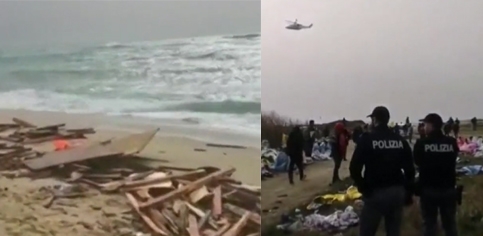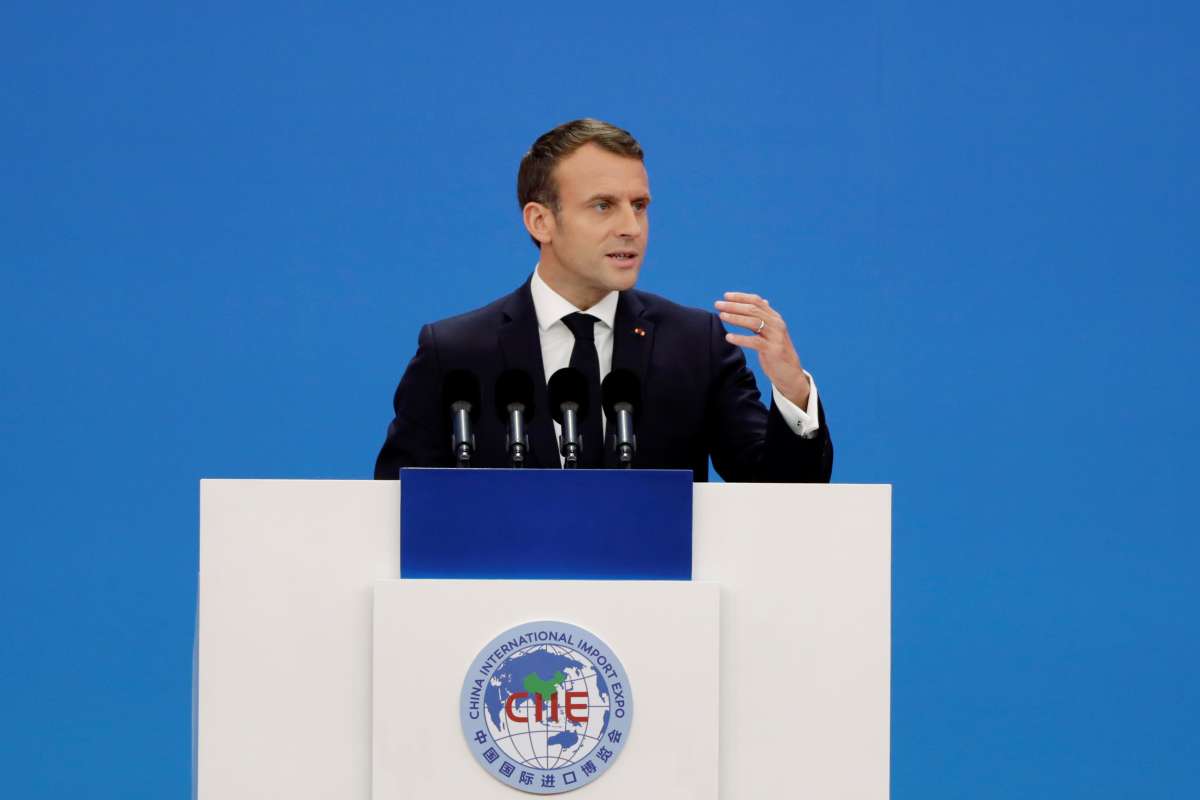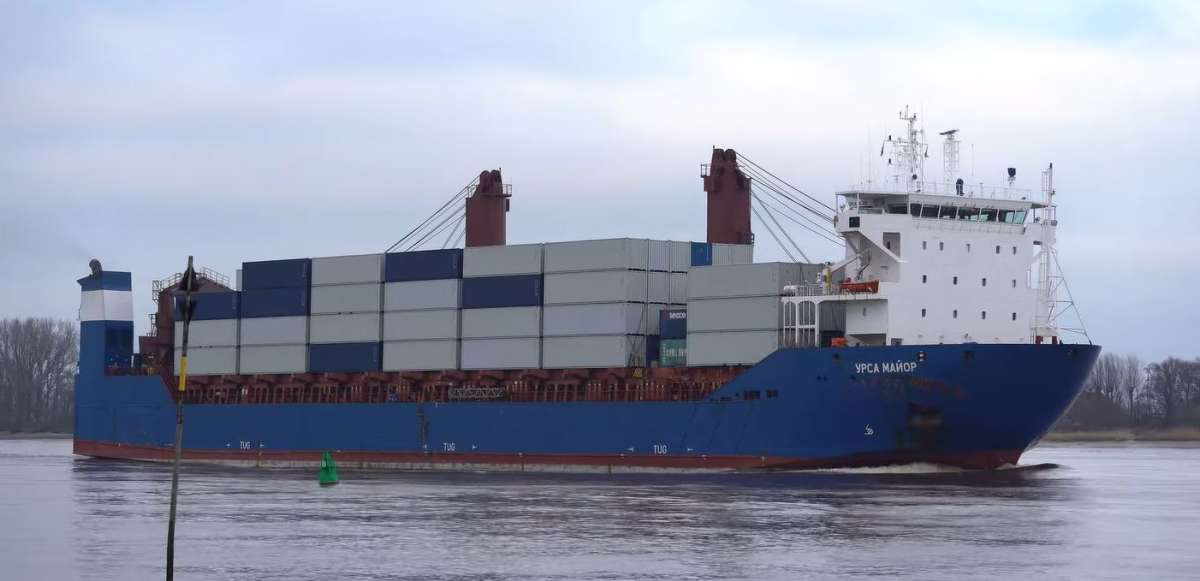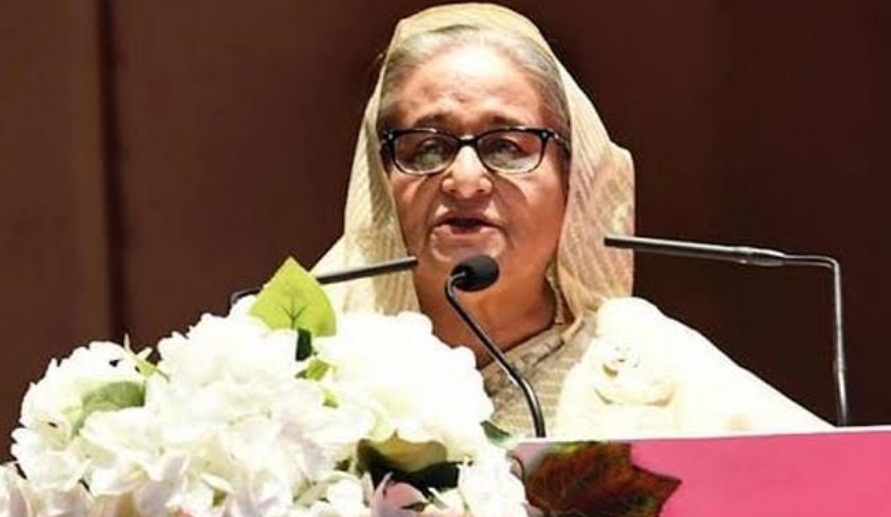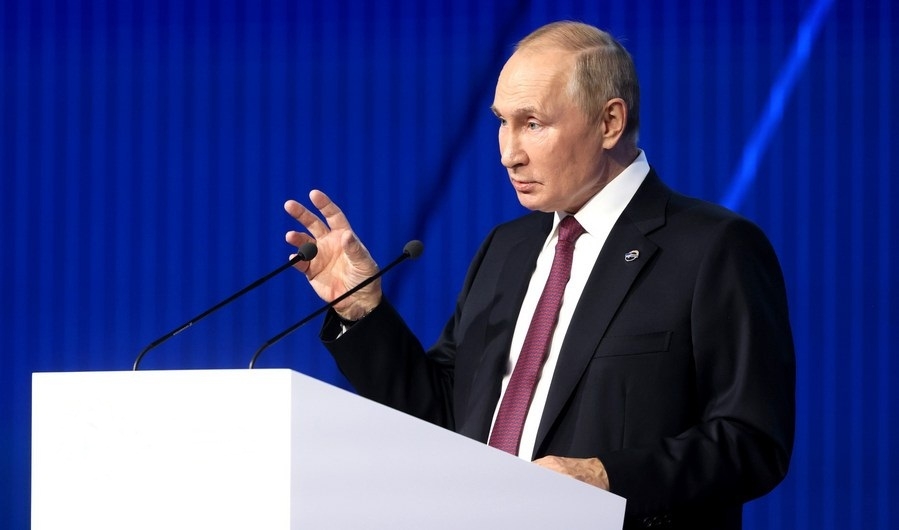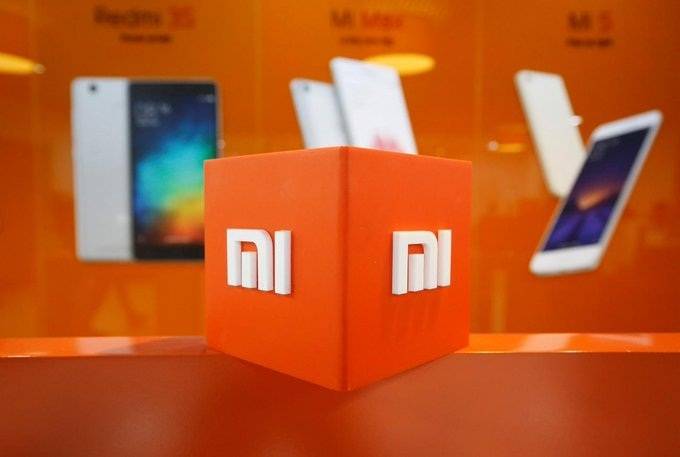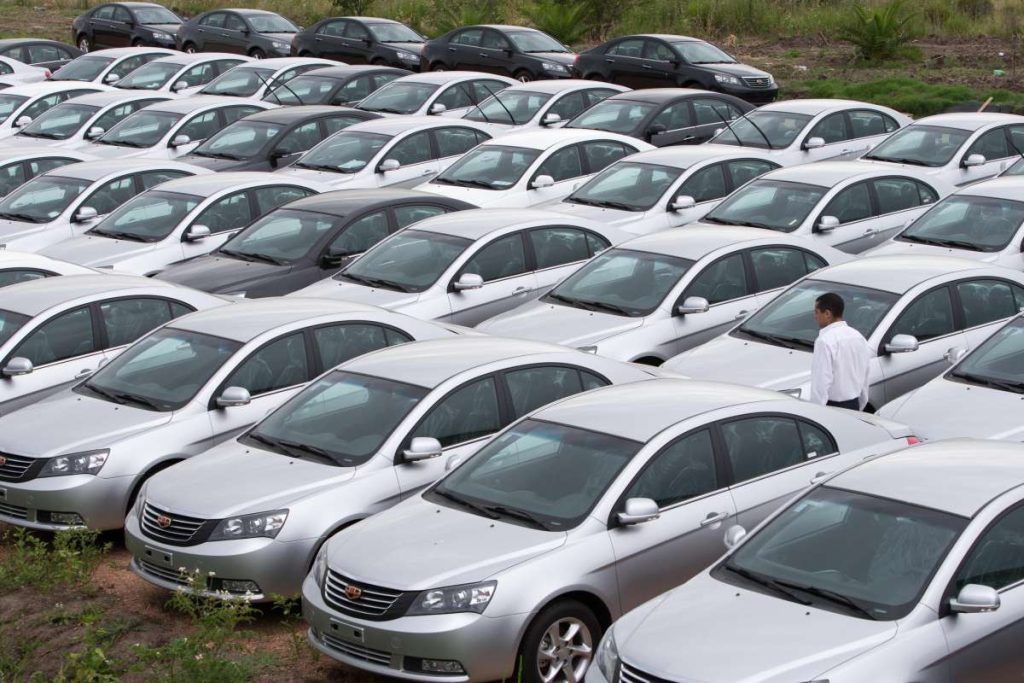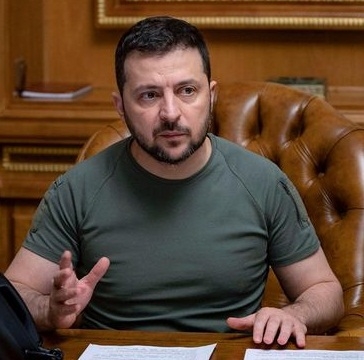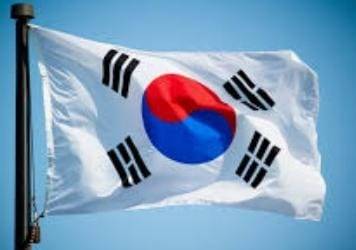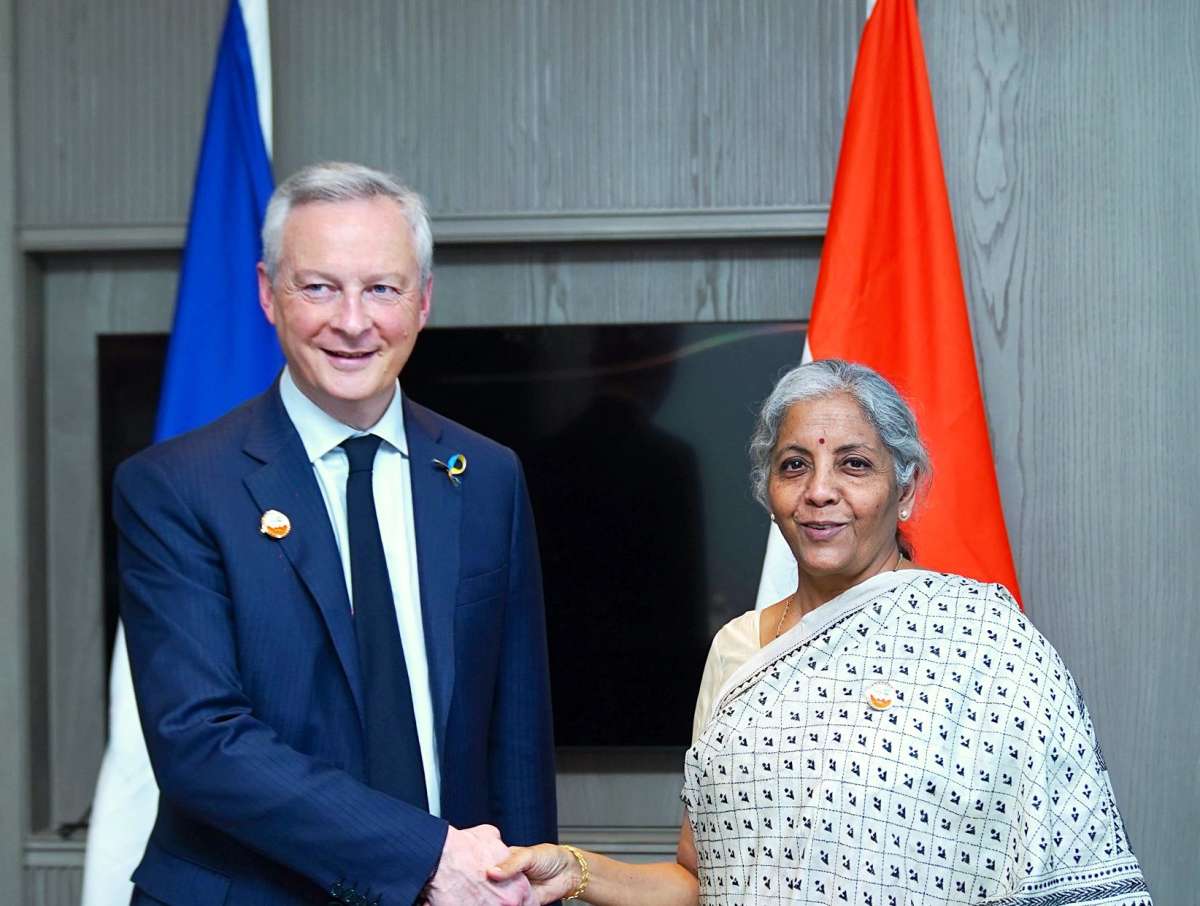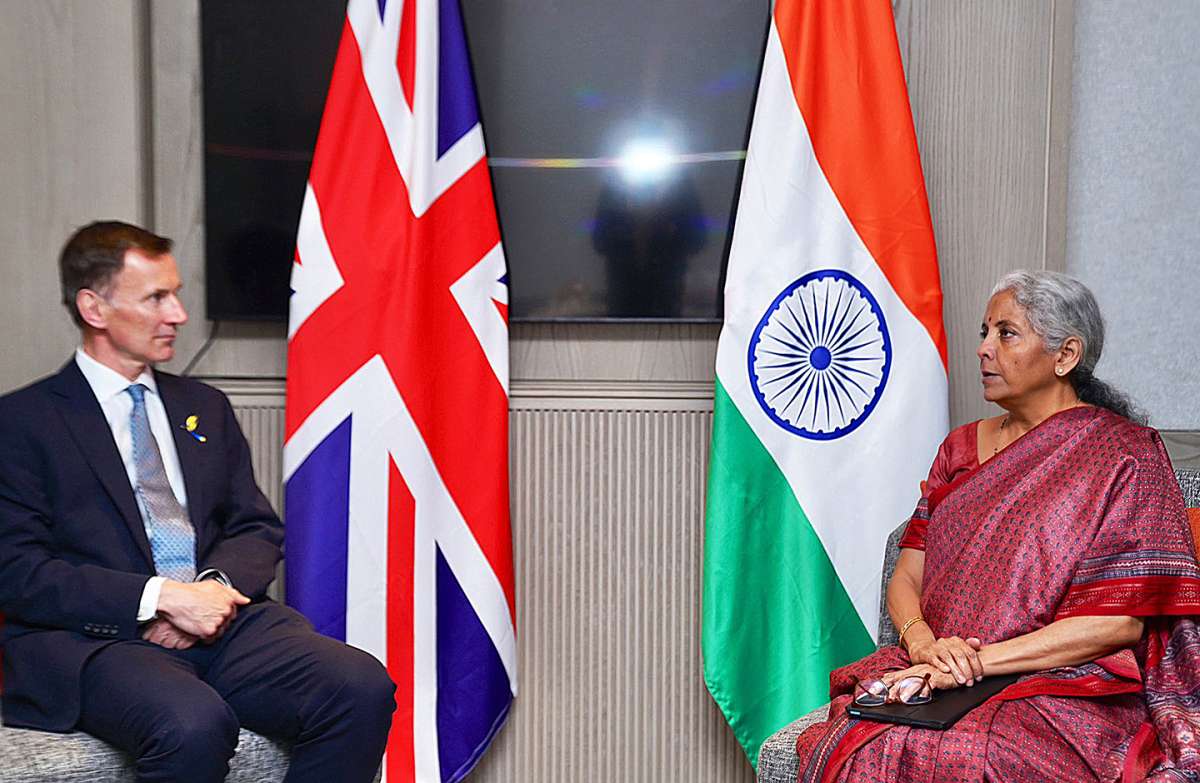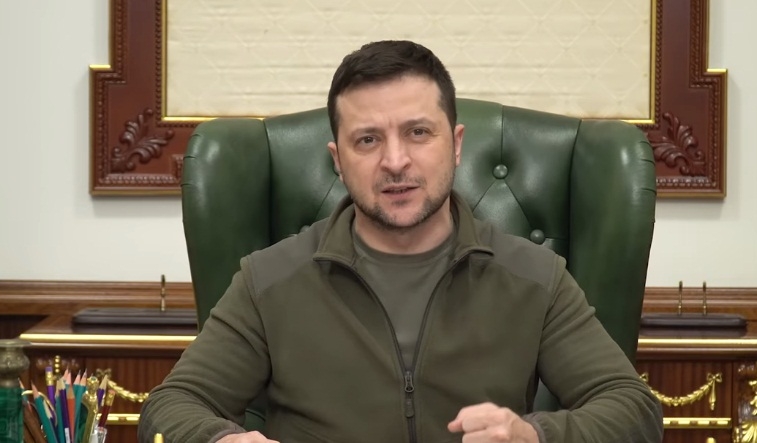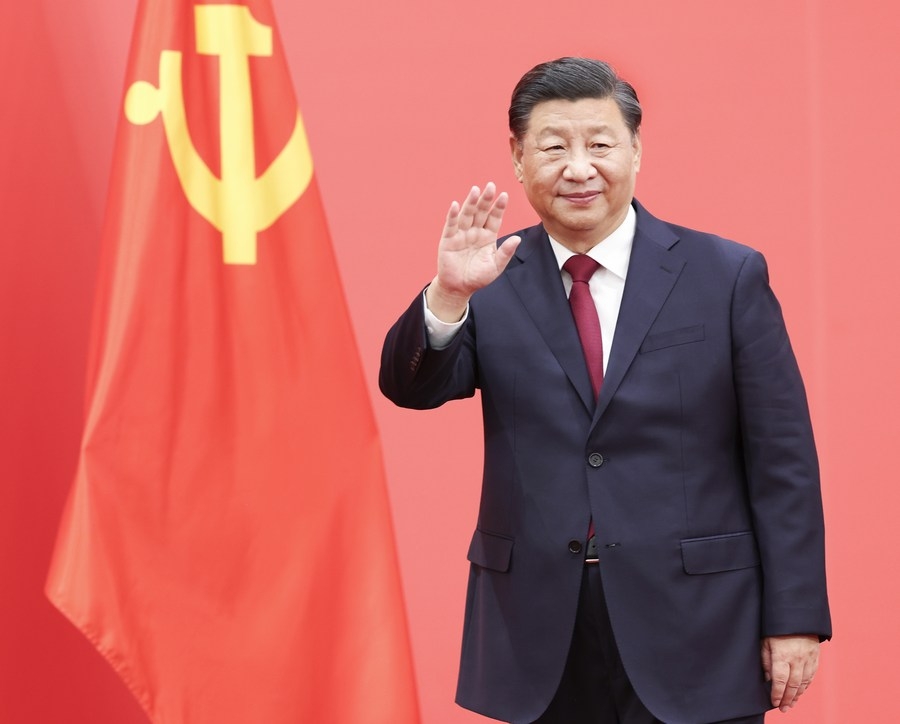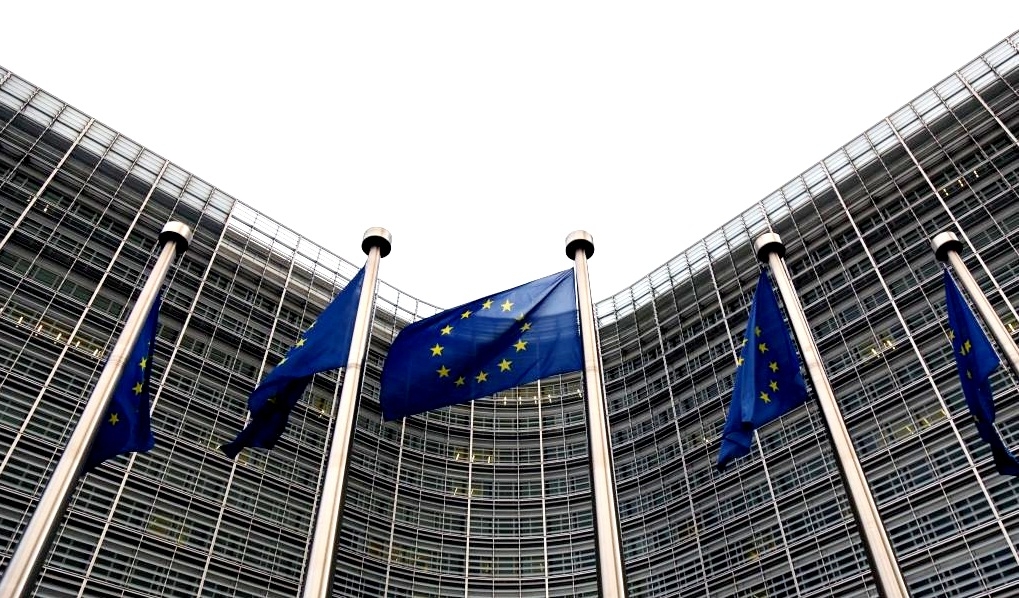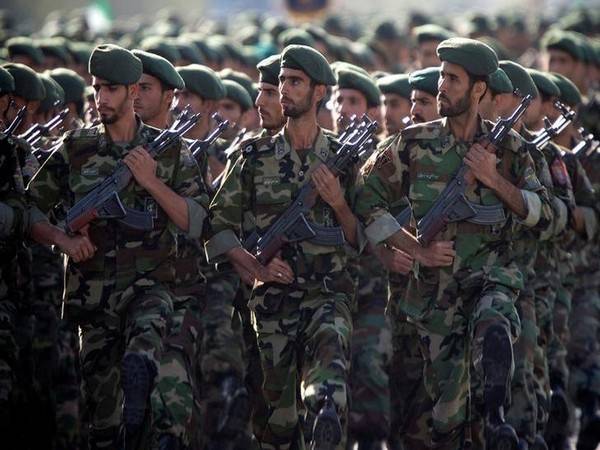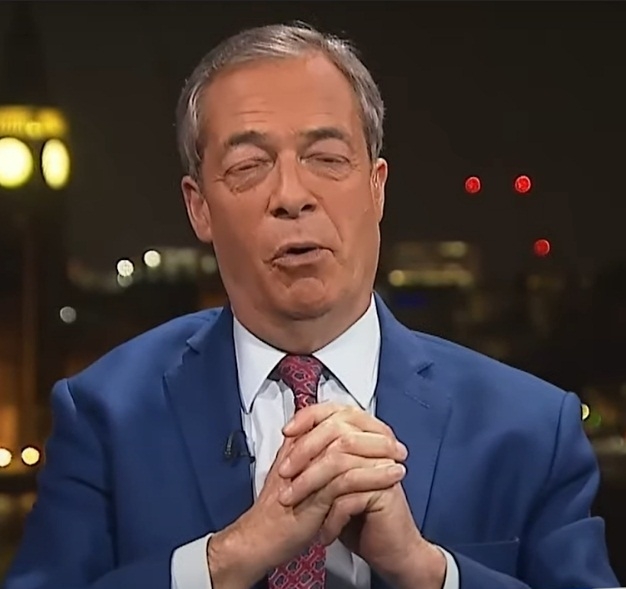Part of the pack focuses on better sharing of responsibilities in the reception of asylum seekers between EU countries…reports Asian Lite News
Coast guard officers are patrolling the coast near the southern Italian town of Crotone after a wooden boat carrying around 200 migrants smashed into rocky reefs, killing at least 60 people, including children.
Dozens more people are still missing in the rough waters, and officials fear the death toll could top 100. At least 80 people were found alive, the Italian Coast Guard said.
“All survivors are adults,″ Red Cross volunteer Ignazio Mangione said. “Unfortunately, all the children are among the missing or were found dead on the beach.” A baby was reported among the dead.”
Some of the youngest survivors, according to Doctors Without Borders, were a 16-year-old and a 12-year-old from Afghanistan.
The 12-year-old boy lost his entire family in the shipwreck, including his four siblings.
Rescuers said two men who survived were spotted trying to save children by holding them over their heads as waves buffeted them. But they died, Italy’s state TV said.
The boat reportedly hit rocks a few metres off the coast of Italy after it set out from Turkey.
An investigation is underway to identify four alleged smugglers. And one man was reportedly taken into custody for questioning after fellow survivors indicated he was a trafficker.
“During the operations, an alleged smuggler was also identified, together with a Carabinieri patrol, an investigation is currently underway to ascertain responsibility for three other alleged smugglers. Also of a Turkish national, who is currently on the run and the search is ongoing,” Gaetano Lombardo, a lieutenant of the country’s financial police, said.
Giorgia Meloni, the head of Italy’s far-right government, said in a statement that it was “criminal to put a 20-metre boat with 200 people on board and a bad weather forecast” into the sea.
“The government is determined to prevent departures and with them this kind of tragedy, and will continue to do so, demanding above all the greatest collaboration of the states of departure and origin,” she added.
The shipwreck comes days after the Italian parliament adopted controversial new rules on migrant rescue.
The new law forces humanitarian ships to carry out only one rescue at a time. Critics of the move argue that it increases the risk of death in the Mediterranean, which is considered the world’s most dangerous crossing for migrants.
After the “tragedy”, the president of the European Commission Ursula von der Leyen called for progress on asylum reform in the bloc.
She said, “we need to redouble our efforts on the Pact on Migration and Asylum and the Action Plan for the Central Mediterranean”.
Part of the pack focuses on better sharing of responsibilities in the reception of asylum seekers between EU countries.
In 2022, some 105,000 migrants arrived on Italian shores, around 38,000 more than in 2021, according to Interior Ministry figures.
According to UN figures, arrivals from the Turkish route accounted for 15% of the total number, with nearly half of those fleeing from Afghanistan.
NGOs recover only a small percentage of migrants seeking to reach Europe at sea, most of whom are rescued by the coastguard or navy vessels.
ALSO READ-Americans lost $8.8 bn to scams in 2022

